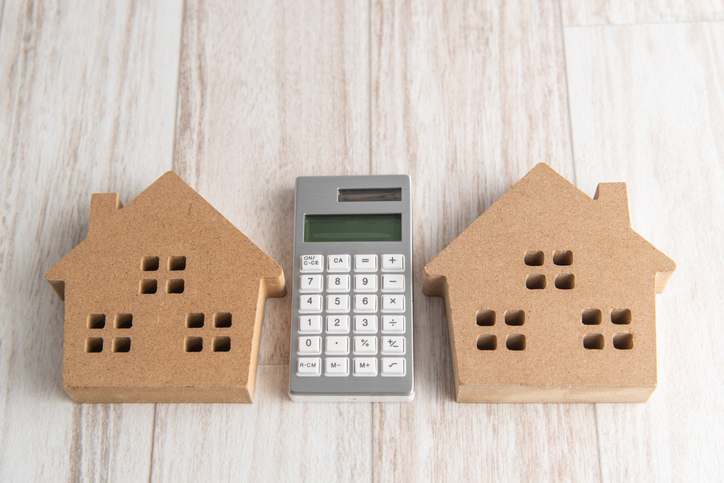
Source: FG Trade / Getty
I used to associate the word “budget” with being broke. Or not having much money. When I heard the word budget, it was in the context of “We’re on a budget” as in “We are trying to save money,” so I always thought it meant to be financially struggling. I remember going into a home décor store in college saying I needed to decorate my room, and the sales associate asked me what my budget was. “No budget” I said. That was my way of saying “It’s not a particularly tight budget” but instead I said I didn’t have one at all.
Now I know that even the wealthiest of people keep budgets. In fact, that could be why they’re so wealthy. To keep a budget just means to be intentional about your spending, and to do so because you have certain savings goals in mind. Anybody, of any income level, can and should do that. When you do sit down to make a budget, you may be confused because, each month, you’re saving less than you hoped. What happened? You stuck to the budget! Sort of…It’s important to get very specific with budgets. When you keep them vague, you run into trouble, and justify extra spending because the categories bleed together. Here are categories to have in your budget.

Source: hiroyuki nakai / Getty
Roof-over-head expenses
When we talk about roof-over-head expenses we talk about the expenses that dictate whether or not you get to remain in your home. If you own your home, those are Home Owner’s Association dues, home insurance, property taxes, and mortgage payments. Defaulting on any of those can put your housing at risk. Keep in mind that your mortgage lender may seize your property if you default on taxes or insurance.









